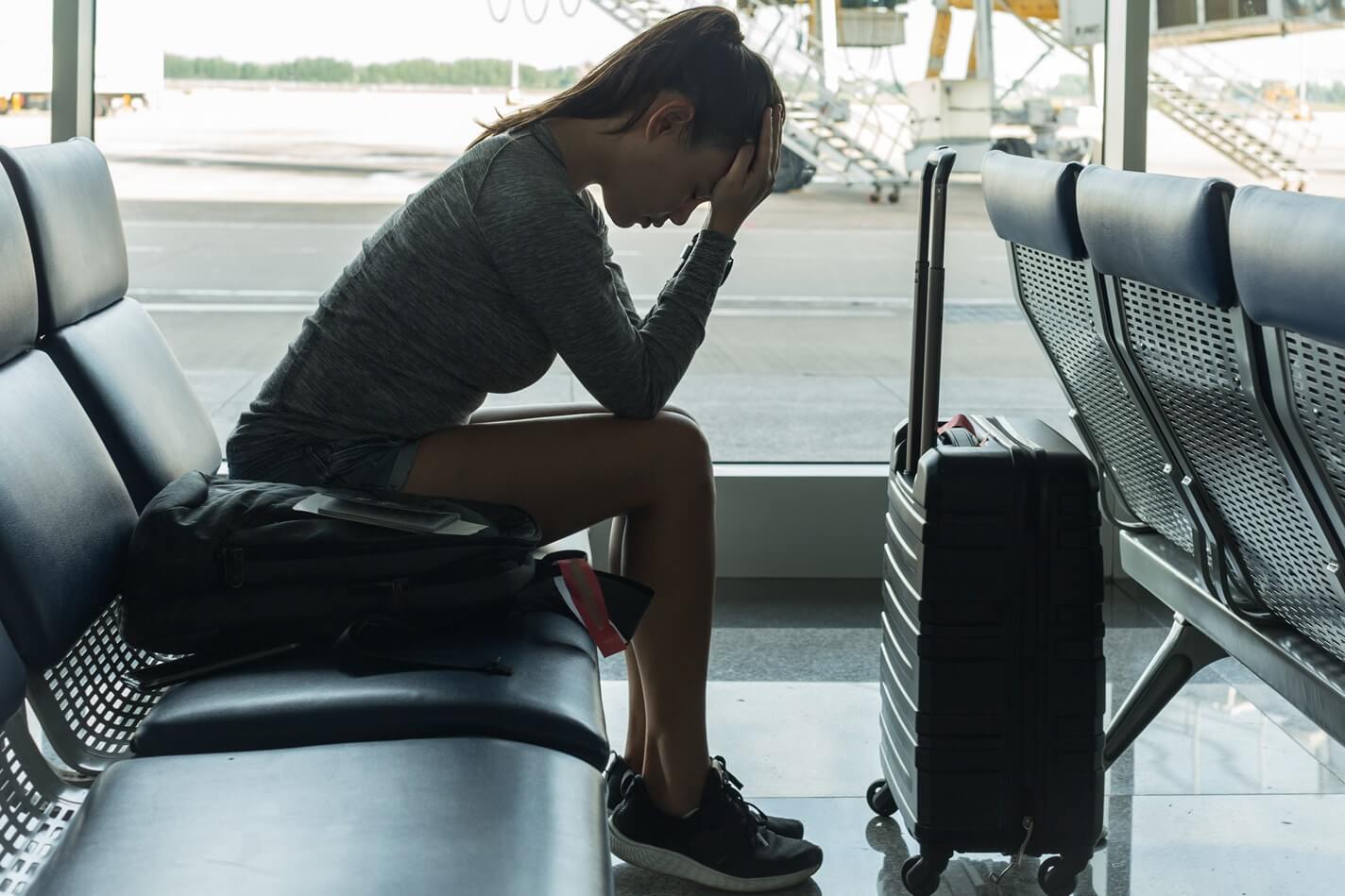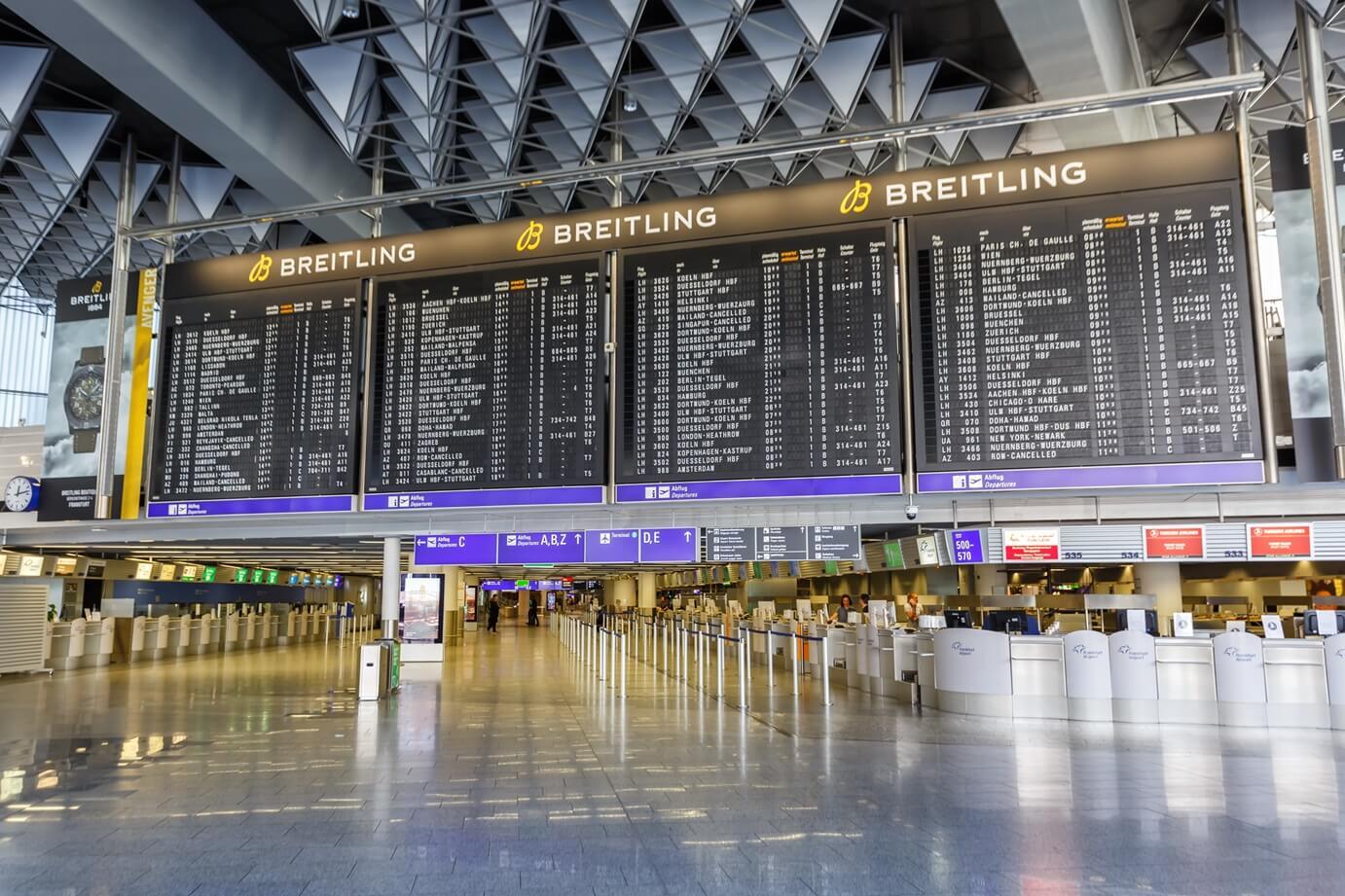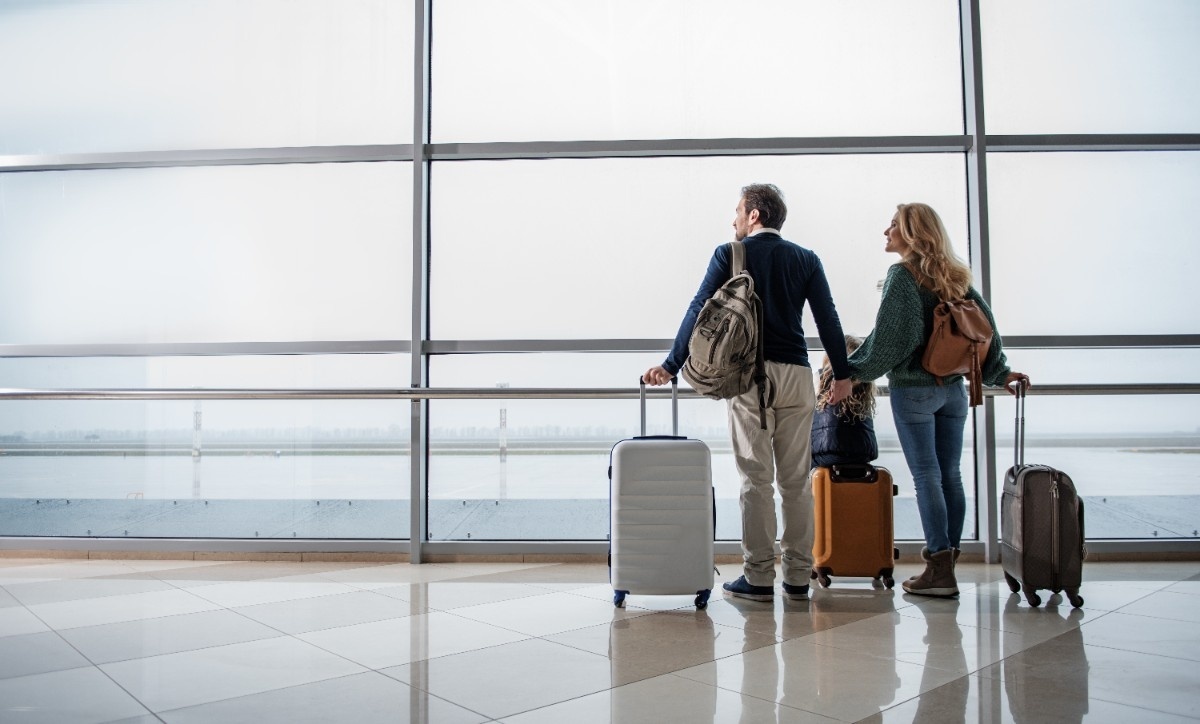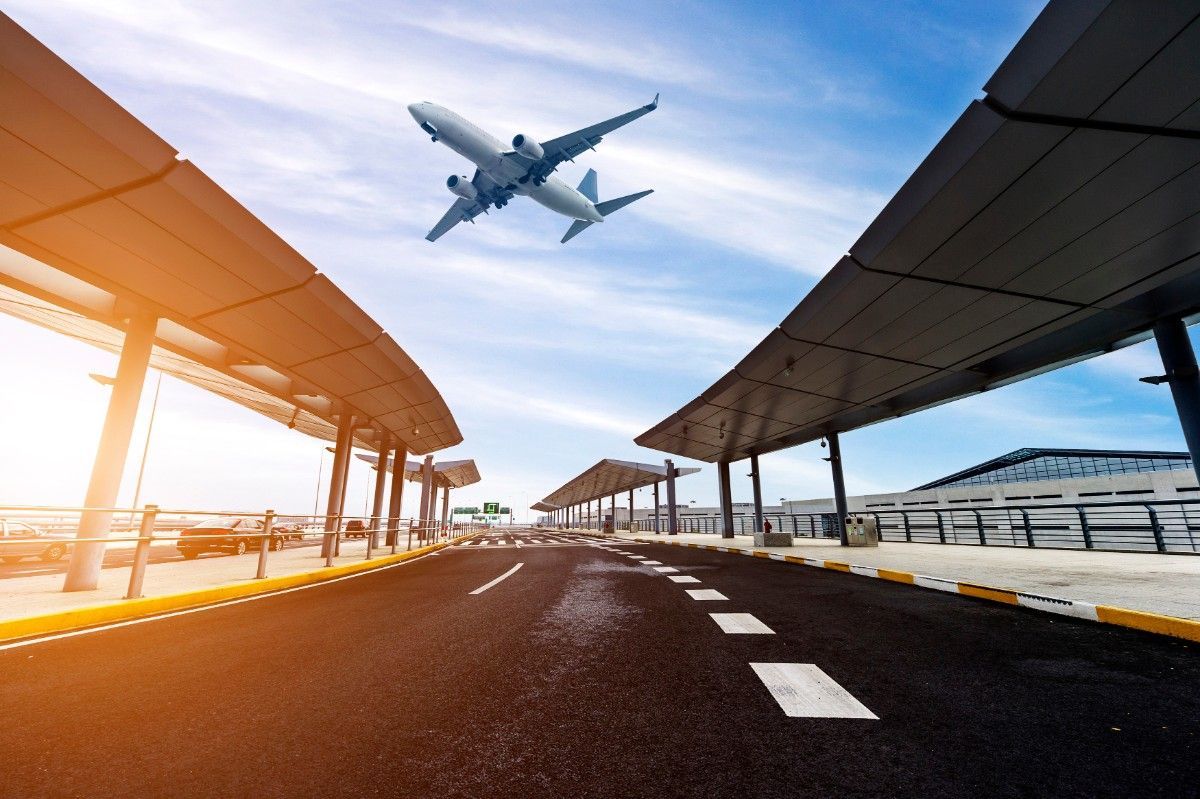Denied boarding statistics and insights

Denied boarding, a term that echoes inconvenience for travelers, occurs when passengers holding valid tickets are unable to board their flights due to various reasons. Despite airlines' efforts to minimize such occurrences, understanding denied boarding statistics provides insights into the frequency, causes, and potential improvements in the aviation industry.
Understanding denied boarding
Denied boarding typically arises from situations where airlines oversell seats, operational disruptions, or other factors leading to a mismatch between available seats and passenger demand. While airlines may offer compensation and alternative arrangements, denied boarding remains an aspect of air travel that impacts both passengers and industry stakeholders.
Denied boarding statistics
According to industry reports, the global rate of denied boarding incidents per 10,000 passengers has generally been on a downward trend in recent years.
Stringent regulations and increased awareness have prompted airlines to implement measures to reduce the occurrence of denied boarding.
Region-specific variances
Denied boarding statistics may vary across regions, influenced by factors such as airline policies, regulatory frameworks, and cultural norms.
Reports from aviation authorities provide region-specific insights into the prevalence of denied boarding incidents.
Major causes of denied boarding
Overselling: Airlines often oversell seats to compensate for the expected percentage of no-show passengers. However, this practice can lead to denied boarding when more passengers show up than anticipated.
Operational Issues: Unforeseen operational disruptions, such as aircraft maintenance or crew scheduling problems, can result in denied boarding situations.
Passenger rights and compensation for denied boarding
Many countries have established regulations outlining passenger rights in cases of denied boarding. These regulations often require airlines to compensate affected passengers with financial compensation, alternative transportation, or accommodation.
Airlines' mitigation efforts
Airlines have implemented advanced forecasting and booking systems to better predict passenger behavior, reducing the likelihood of overselling.
Improved communication channels and technology allow airlines to proactively notify passengers of potential disruptions and provide alternatives.
Impact of the COVID-19 pandemic
The global aviation industry experienced significant disruptions during the COVID-19 pandemic, leading to a temporary shift in denied boarding statistics.
With reduced flight schedules and increased uncertainty, the dynamics of denied boarding incidents were influenced by unprecedented challenges.
Understanding denied boarding statistics is crucial for both airlines and passengers, fostering transparency, accountability, and continuous improvement in the aviation industry. While advancements in technology and proactive measures by airlines have contributed to a decline in denied boarding incidents globally, challenges such as overselling and operational disruptions persist. By examining denied boarding trends, industry stakeholders can work collaboratively to enhance policies, passenger experiences, and operational efficiency, ultimately creating a more seamless and customer-friendly air travel environment.
How MYFLYRIGHT can help
If you have experienced the frustration and inconvenience of denied boarding during your travels, rest assured that MYFLYRIGHT is here to lend a helping hand. Denied boarding situations can arise due to various reasons such as overbooking or operational issues, leaving passengers stranded and dissatisfied. MYFLYRIGHT specializes in advocating for passenger rights and provides invaluable assistance in seeking compensation for those affected by denied boarding incidents. With their expertise in aviation law and a commitment to ensuring fair treatment for passengers, MYFLYRIGHT serves as a reliable ally for those who have encountered disruptions in their travel plans. By turning to MYFLYRIGHT, you can navigate the complexities of airline regulations and increase your chances of obtaining the compensation you deserve, easing the burden of denied boarding experiences.
Latest posts
Flight delays and cancellations in May 2025
Check which flights were delayed and cancelled in May 2025 – you may still be entitled to claim up to 600 € in compensation.
Could a flight delay cost you your job or career?
Flight delays are not just annoying they can derail careers. See how missed connections impact professional lives.
Can you sue the weather? Legal limits of delay claims
Weather delays frustrate travellers, but can you claim compensation? Exploring legal grey areas in flight disruptions.












